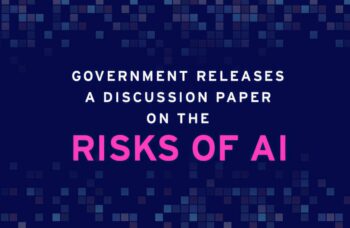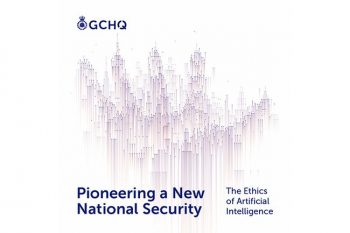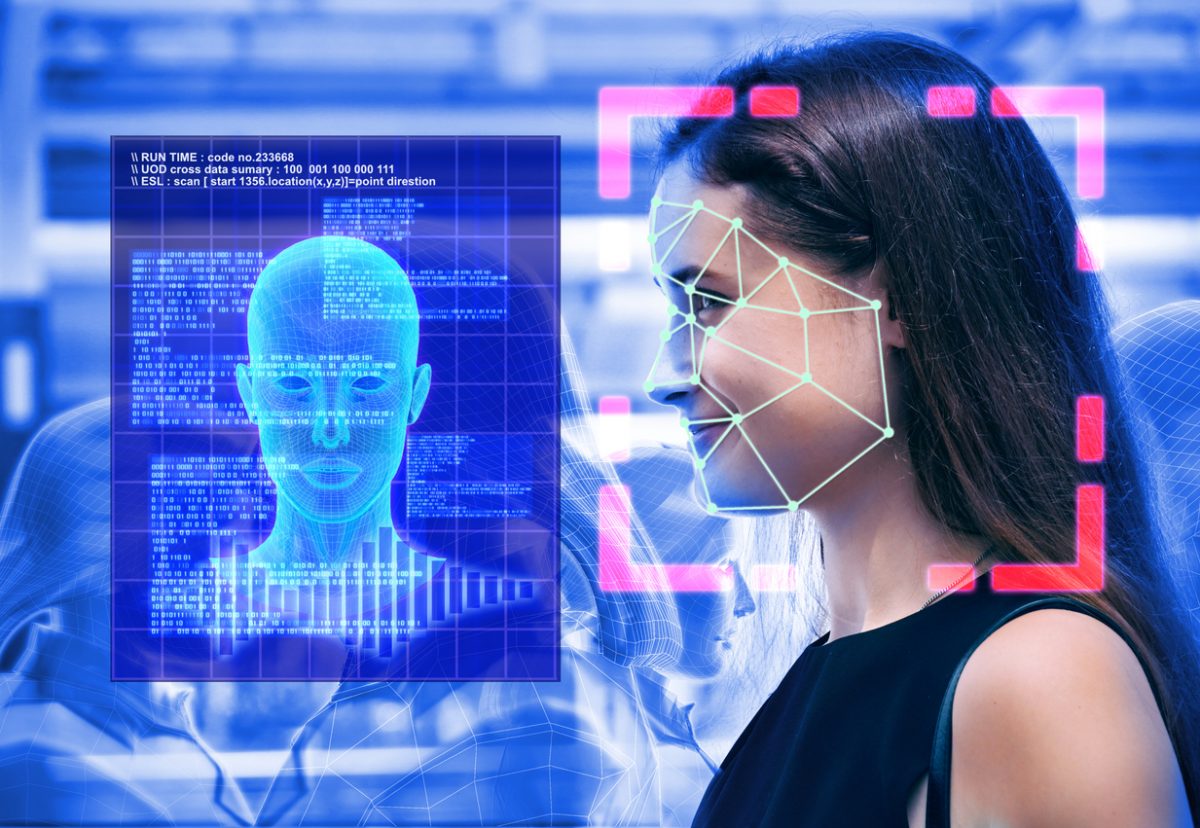DeepMind framework offers breakthrough in LLMs’ reasoning
A breakthrough approach in enhancing the reasoning abilities of large language models (LLMs) has been unveiled by researchers from Google DeepMind and the University of Southern California.
Their new 'SELF-DISCOVER' prompting framework – published this week on arXiV and Hugging Face – represents a significant leap beyond existing techniques, potentially revolutionising the performance of leading models such as OpenAI’s GPT-4 and Google’s PaLM 2.
The framework...
















